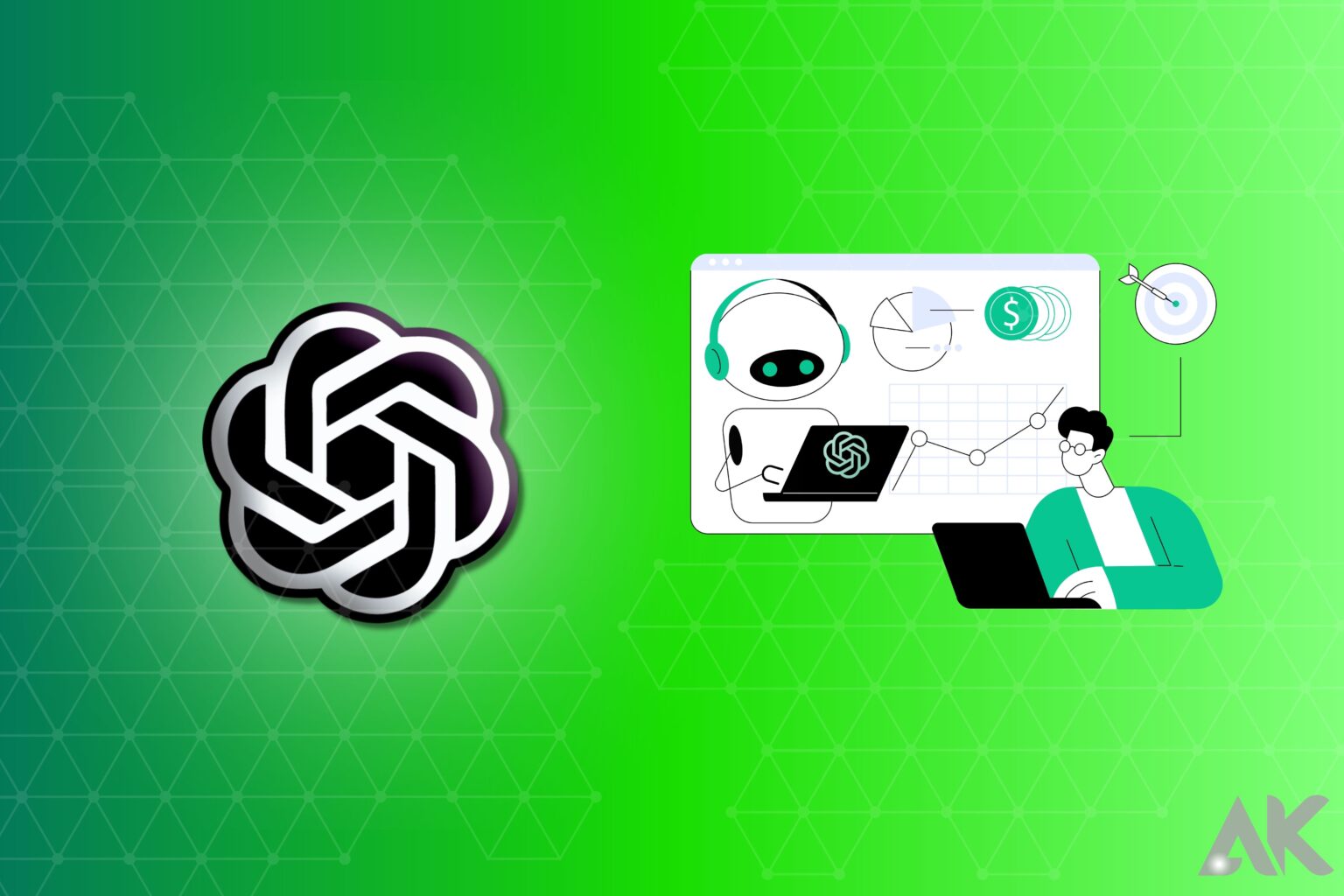Use of ChatGPT for profit. The way businesses communicate with their clients has been completely transformed by ChatGPT, a powerful conversational AI model created by OpenAI.
ChatGPT has established itself as an effective tool for business use thanks to its natural language processing capabilities.
In this post, we’ll look at how companies may use ChatGPT to improve customer experiences, increase sales, speed up content development, and gather insightful market data across a variety of sectors.
A commercial success with ChatGPT’s advantages
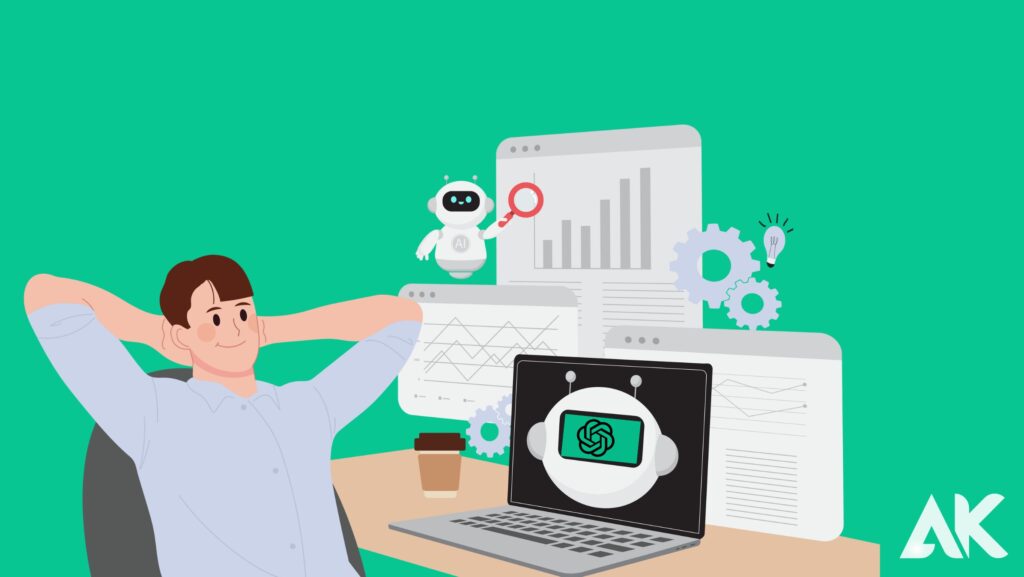
Businesses can gain a lot from ChatGPT’s commercial use, which has many advantages. The following is a list of the main advantages:
- Boosted productivity:
- GPT models have the ability to drastically streamline a number of corporate operations. Automation enables businesses to save time and money in the majority of departments while maintaining stable operations, effective communication, and profitable revenue.
- Personalization:
- Natural language processing (NLP) techniques allow businesses to respond to each input in a unique way. That applies to both clients and staff. The business may increase client pleasure and engagement through personalization, which eventually boosts revenue. Additionally, they can assist their teams in a variety of ways, raising their productivity and fostering goodwill towards the employer.
- Saving resources:
- AI-powered task automation can eliminate the need for human intervention, which not only lowers costs but also saves time. Additionally, ChatGPT can create results rapidly, assisting workers in speeding up their tasks and concentrating on difficult tasks that call for their creative energies.
- Data analytics:
- When it comes to processing substantial amounts of data, humans fall short of computers. AI can do things more quickly, with less chance of error, and with immediate access to insightful data for businesses. Decision-making becomes more reasoned than instinctual.
- Innovation:
- AI is an ally for all brands that wish to invest in growth and bring something new to the market, from idea generation to planning product development. The benefit of this situation is that ChatGPT may come up with ideas not just based on user requests but also by examining rivals, upcoming trends, and consumer feedback. Any business will succeed if humans and AI work together.
General ChatGPT for Business Use Cases
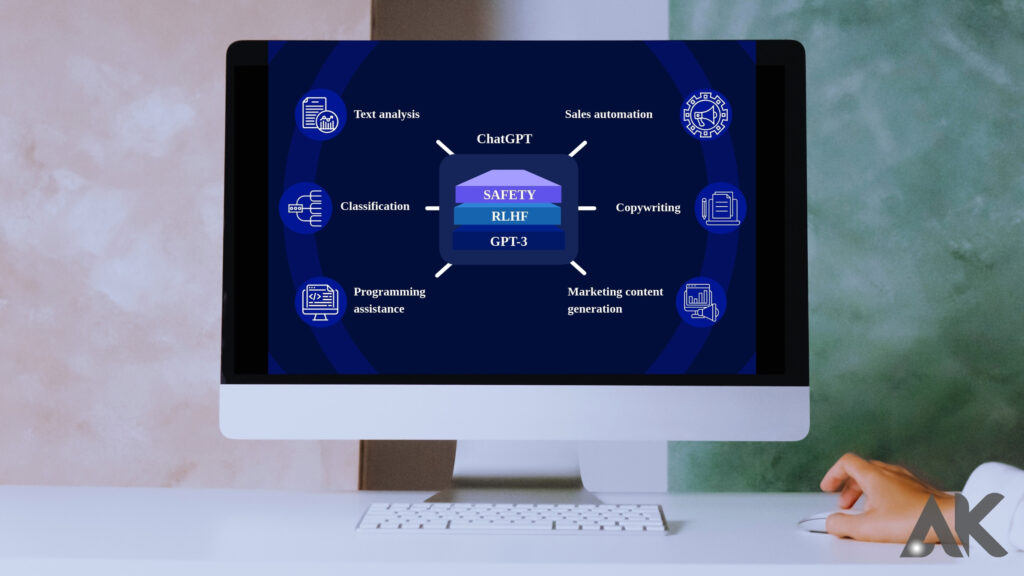
1- Content creation
Businesses can use ChatGPT for content production to streamline and improve their marketing initiatives, enabling them to produce interesting, high-quality content. Companies can use ChatGPT to automate the creation of by incorporating it into their content strategy.
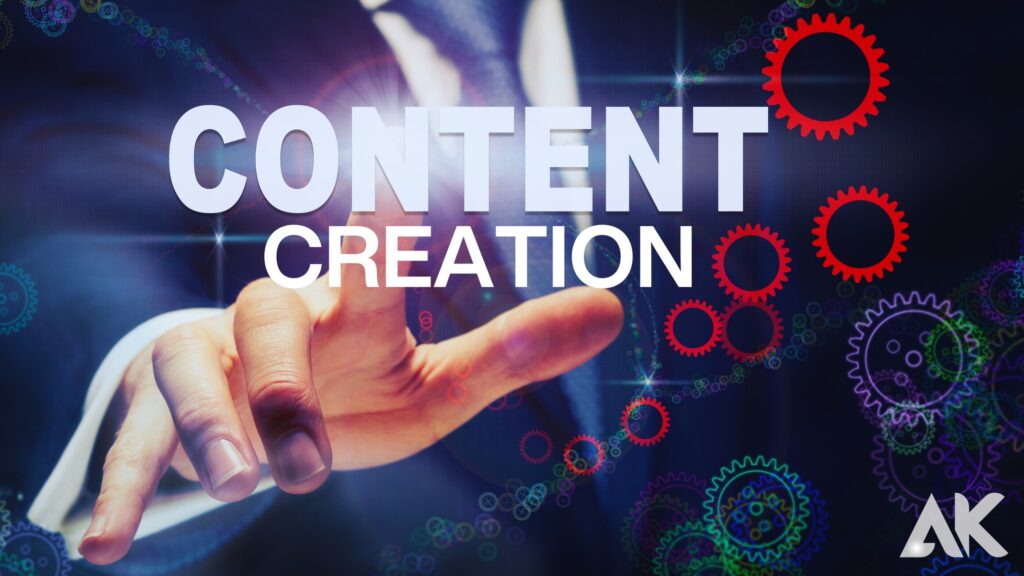
- blog entries
- Articles
- posts on social media
- promotional items with an emphasis on their intended audience
Additionally, ChatGPT may help with keyword research or content structuring to optimize material for search engines, resulting in better visibility and improved search rankings that can be particularly helpful for small businesses to build brand awareness.
Figure 2: ChatGPT content title options for B2B marketing that are SEO-friendly
2- Language translation
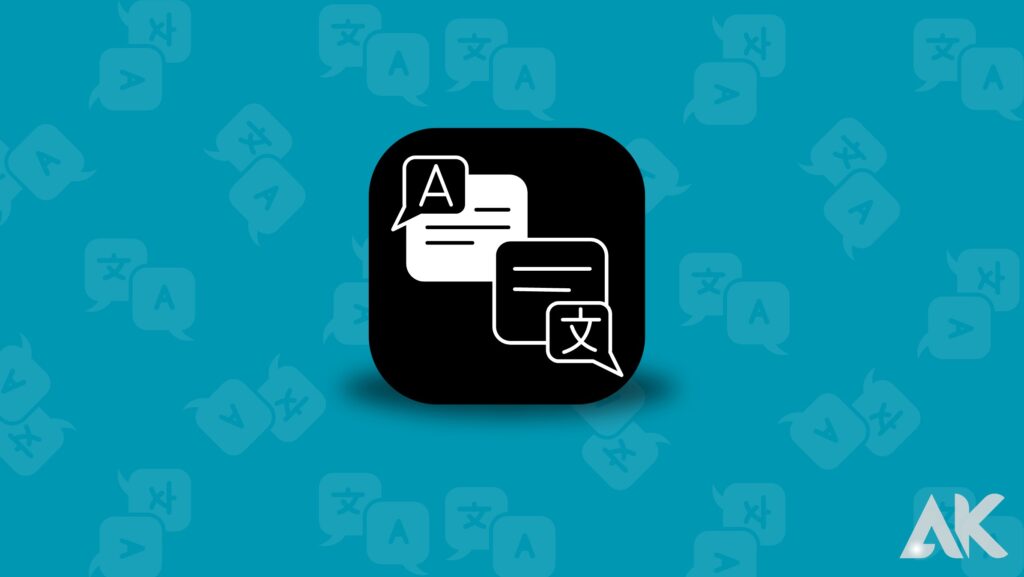
In today’s increasingly globalized market, businesses can use ChatGPT for translation services to enable smooth communication across linguistic borders. Businesses may get real-time, accurate translations of a variety of content types, including emails, reports, marketing materials, and product documentation, by incorporating ChatGPT into their operations.
3- Email and communication
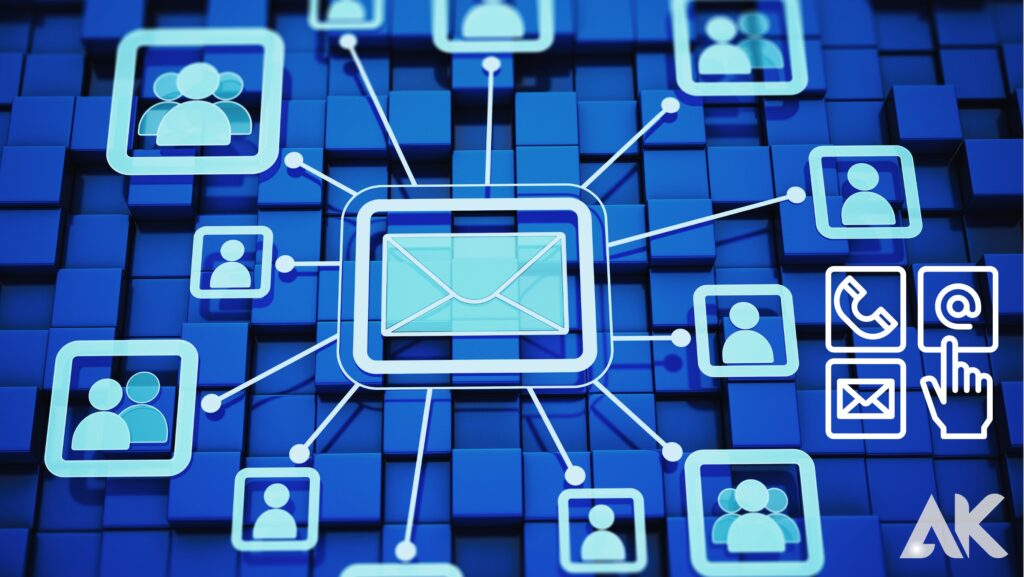
Businesses can use ChatGPT to improve email and customer-specific communication procedures, resulting in more effective and efficient internal and external communication. Employees can swiftly write, edit, and proofread emails using ChatGPT, ensuring that they are polished and expert-looking.
Figure 3 shows how ChatGPT offers an email template for a specific client issue.
Additionally, ChatGPT can be used to create periodic email templates like:
- Pitch documents
- Follow-ups
- fulfilling demands
Employees can retain consistent messages while saving time by doing this.
4- Idea generation and brainstorming
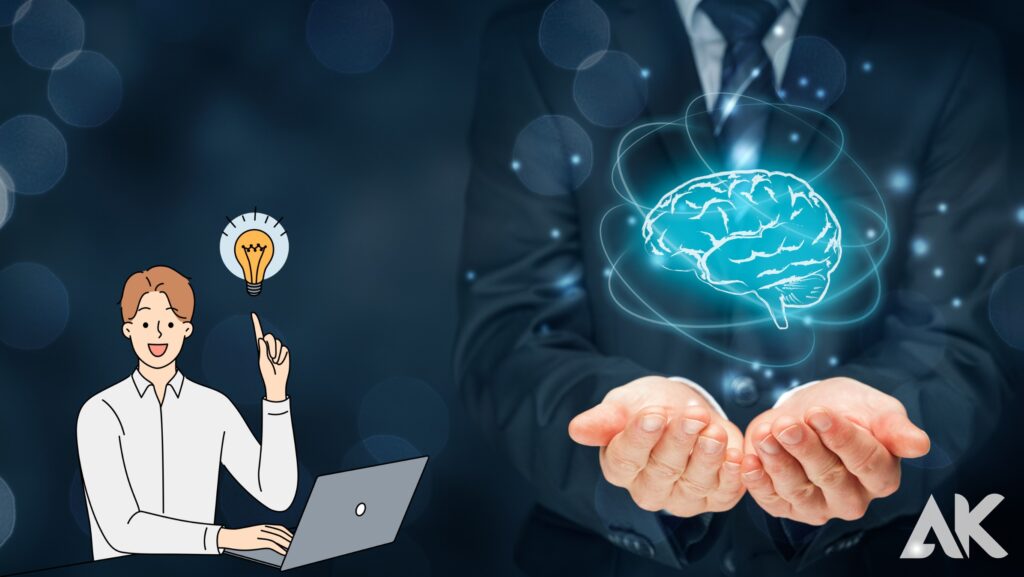
Businesses can utilize ChatGPT to promote brainstorming sessions and develop ideas, offering a unique and creative method of problem-solving. During brainstorming meetings, staff members can enter their original ideas or problems into ChatGPT, and the model will generate related concepts or potential solutions based on the context.
Additionally, ChatGPT can help with idea and proposal revision by providing feedback and suggestions to improve the caliber and viability of those ideas.
5- Creating presentations
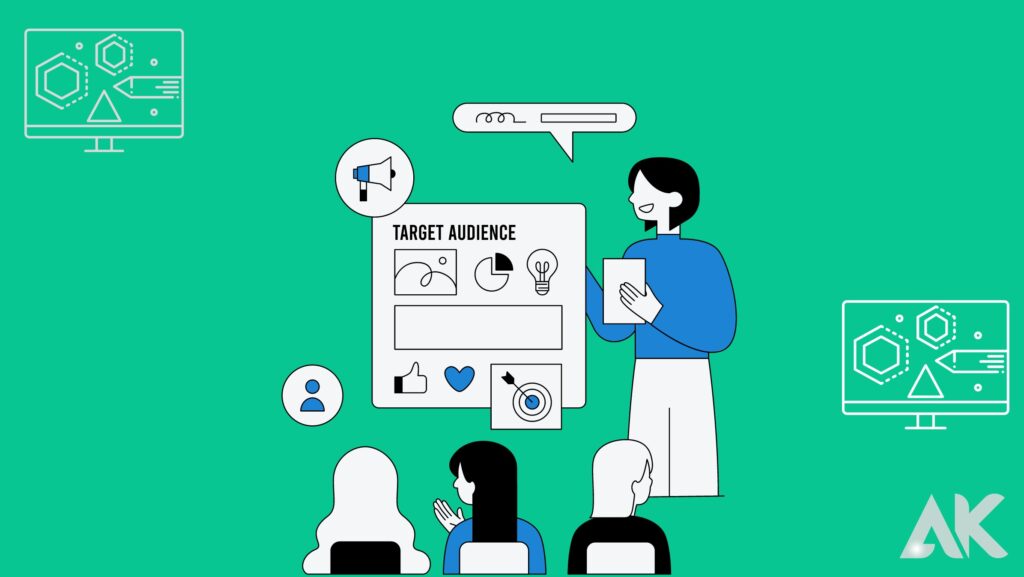
Employees can get recommendations for presentation ideas, important points, and arguments depending on their original input or a particular subject area by utilizing ChatGPT’s natural language understanding capabilities.
Figure 4 shows the presentation structure and important details provided by ChatGPT.
The AI technology may also help create succinct and interesting writing for slide content, ensuring that the key concepts are communicated succinctly and effectively. In order to free up presenters’ time to concentrate on the delivery and visual components of their presentations, ChatGPT may also assist in creating attractive headlines, bullet points, and speaker notes.
6- Employee training
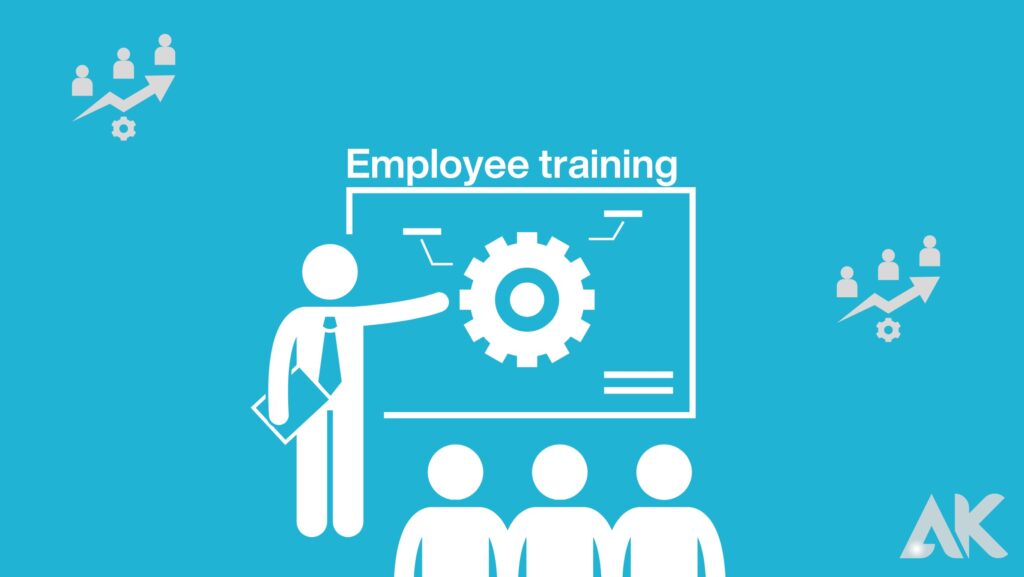
Businesses can use ChatGPT to improve employee training programs by offering engaging, personalized learning experiences that are suited to each learner’s needs. Companies can create contextually pertinent instructional content based on employee roles, skill levels, and learning objectives by integrating ChatGPT into training systems, for example:
- Tutorials
- a case study
- Quizzes
The AI model can also be used to respond to inquiries from students, providing immediate assistance and clarification on difficult subjects or assignments. Additionally, it can help in identifying knowledge gaps and recommending specific learning materials to fill such gaps, promoting continual skill improvement.
Visit our page on ChatGPT education use cases for more information.
7- Human resources
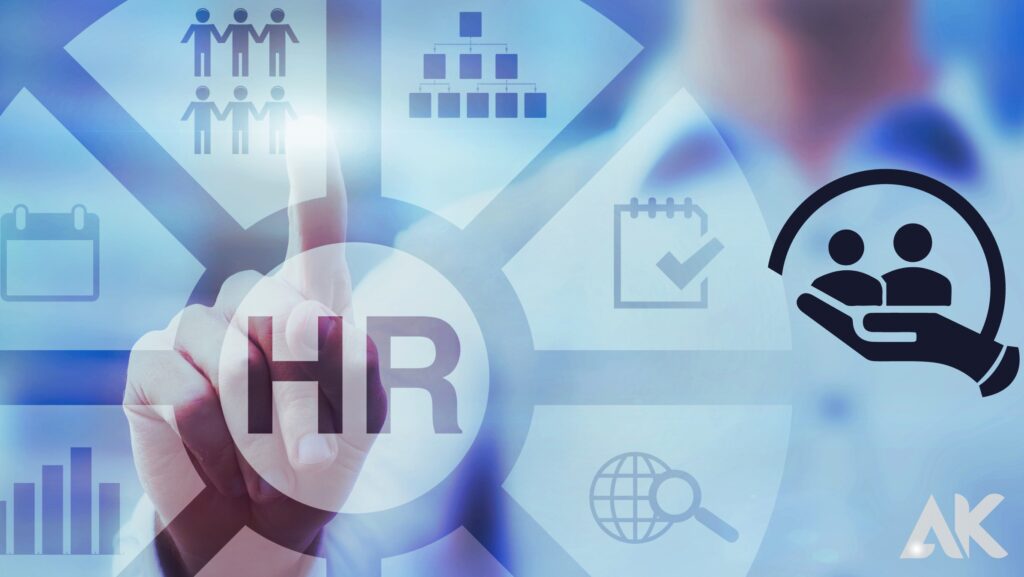
ChatGPT can help with employee onboarding by giving new hires important information and direction and by streamlining the orientation procedure. Additionally, it can aid in the creation of interview questions for job openings.
Figure 5 shows how ChatGPT generates a list of interview questions for a particular role.
ChatGPT can also be used to create development plans, feedback, and performance evaluations, giving performance management a more objective and data-driven approach.
Furthermore, ChatGPT can be used to automate common HR queries and duties, such as updating employee information or responding to frequently asked questions, freeing up HR staff to concentrate on more difficult jobs.
8- Web scraping

Using web scraping, structured data may be extracted from web pages. Web scraping is a useful technology used by businesses to harvest data from the internet and generate insights for a variety of purposes, including:
- enhancing one’s competitive intellect to advance
- generating leads using the contact information
- Sentiment analysis using client feedback and reviews
Businesses can utilize ChatGPT to generate code for online scraping websites (Figure 6) or clean up retrieved data, among other web scraping-related applications.
Scraping from an Amazon product page, Figure 6.
Check out our comprehensive post on ChatGPT web scraping for more use cases.
9- Sentiment Analysis
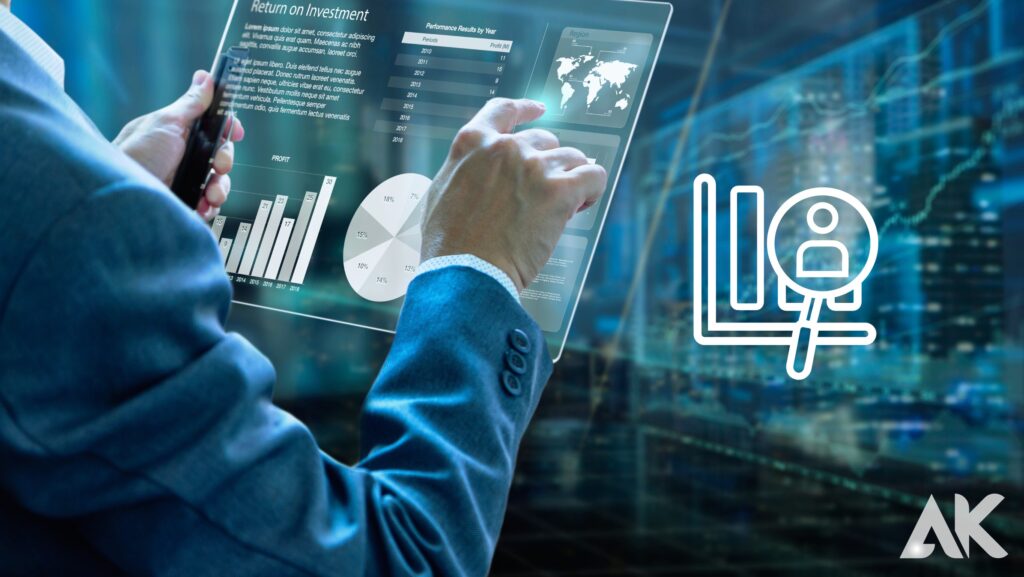
It is anticipated that 80% of firms will adopt sentiment analysis-based solutions by 2023. This method of natural language processing (NLP) classifies text, photos, or videos into positive, negative, or neutral emotional categories based on their emotional content. This enables businesses to develop plans for enhancing their goods or services since it provides insights into consumer sentiments.
Companies may automate natural language processing operations and do sentiment analysis without the need for manual text data analysis as generative AI models like ChatGPT advance.
Conclusion
ChatGPT, a powerful conversational AI model created by OpenAI, has revolutionized the way businesses communicate with their clients. With its natural language processing capabilities, ChatGPT can be used for commercial success in various sectors, including content creation, language translation, email and communication, idea generation and brainstorming, presentation creation, employee training, human resources, web scraping, and sentiment analysis.
ChatGPT offers numerous advantages for businesses, including increased productivity, personalization, resource savings, data analytics, and innovation. It can streamline corporate operations, improve customer experiences, increase sales, speed up content development, and gather valuable market data.
In addition to content creation, ChatGPT can also be used for language translation, email and communication, idea generation and brainstorming, presentation creation, employee training, human resources, web scraping, and sentiment analysis. By incorporating ChatGPT into various business use cases, businesses can streamline their operations, improve customer experiences, increase sales, and gather valuable market data.
In conclusion, ChatGPT offers numerous benefits for businesses, including increased productivity, personalization, resource savings, data analytics, and innovation. By leveraging ChatGPT’s capabilities, businesses can enhance their customer experiences, increase sales, speed up content development, and gather valuable market data for their commercial success.
FAQs:
- Can ChatGPT fully replace human customer service representatives? Although ChatGPT is an effective tool for customer service, it is not meant to completely replace human agents. When used in conjunction with human oversight, it performs best when handling challenging or delicate client situations and ensuring accuracy.
- How do many languages work with ChatGPT? ChatGPT can comprehend and answer in a variety of languages. However, depending on the language and instruction, the level of accuracy and fluency may change. Certainly! Sorry to have interrupted. Let’s move on.
- Can ChatGPT be integrated with current CRM systems? ChatGPT can be connected with current CRM platforms, yes. On the basis of client information saved in the CRM, this enables firms to manage customer interactions, track conversation history, and offer individualized help.
- Can ChatGPT gain knowledge from previous client interactions? Yes, ChatGPT has the capacity to pick up new information from previous customer contacts. It may refine its responses and give clients more accurate and pertinent information over time by reviewing previous discussions and user feedback.
- What safeguards are in place to stop ChatGPT from being used maliciously? To guard against harmful use, OpenAI and other organizations using ChatGPT have put in place safeguards. To ensure ethical use of the technology and stop misuse or the spread of harmful content, they deploy tight guidelines and moderation systems.
- How is private customer data handled by ChatGPT? Businesses must abide by privacy laws while handling sensitive customer data. The privacy and security of client information during interactions can be ensured by configuring ChatGPT so that no personal data is stored or retained.

